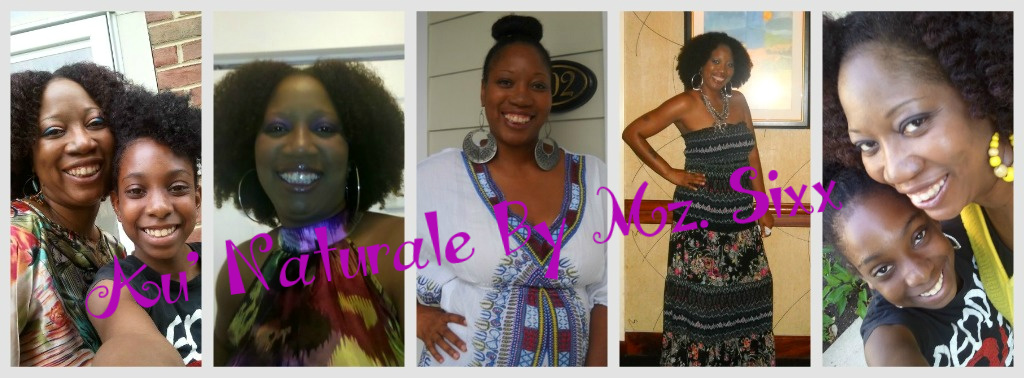How can Shea Butter benefit me?
Shea Butter can provide relief from everything from just dry skin to many minor dermatological diseases (if you have a serious skin condition, you should see a doctor). It has been clinically shown to provide benefits. Here are some of the benefits of Shea Butter for the skin:
Daily skin moisturizer (face and body)
Dry skin relief
Dry scalp
Skin rash- including diaper rash
Skin peeling, after tanning
Blemishes and wrinkles
Itching skin due to dryness
Sunburn
Shaving cream to reduce razor irritation
Small skin wounds
Skin cracks
Soften tough skin on feet (especially heels)
Stretch mark prevention during pregnancy
Minor burns
Eczema
Sun and wind protection
Even skin tone
Reduce blemishes and scarring
Eliminating scalp irritation from dryness or chemical processing
Preventing bumps after shaving
Reducing acne (especially in combination with African Black Soap)
Absorbs quickly without leaving a greasy residue
Helps restore elasticity to skin
Restores luster to hair
How does Shea Butter benefit my skin?Shea Butter nourishes the skin with Vitamins A, E and F. Vitamins A and E help maintain the skin and keep it clear and healthy. They are particularly helpful for sun damaged skin. They help prevent premature wrinkles and facial lines. Vitamin F acts as a skin protector and rejuvenator. It soothes rough, dry or chapped skin and helps soften dry or damaged hair. Shea Butter is high in unsaponifiables (a type of fat). Shea Butter has between 7-12% unsaponifiables. For comparison, avocado oil, a well known skin conditioner, has between 2-6%. This high level of unsaponifiables is one of the properties that makes Shea Butter so invaluable in treating the conditions listed above. Also, Shea Butter easily penetrates the skin allowing the skin to breathe and not clogging pores. Shea Butter has a high level of cinnamic acid, a natural sun screen. So, it provides some degree of protection from the sun. Shea Butter is also anti-inflammatory making it useful in treating rheumatism.
While we make no medical claims about our Shea Butter, we do have anecdotal evidence that it is very useful in treating minor skin conditions. We have had several customers who have used Shea Butter for eczema and/or psoriasis and told us it works as well as steroids at a fraction of the cost and without the side effects. We have a customer with an allergy to the sun. When she began using our Nubian Heritage Shea Butter lotion (not even pure Shea Butter), she accidentally discovered that it prevented the rash she normally would get from even a small amount of exposure to the sun.
How does Shea Butter benefit my hair?Shea Butter provides moisture to dry or damaged hair from the roots to the very tips, repairing and protecting against weather damage, dryness and brittleness. It also absorbs quickly and completely into the scalp to rehydrate without clogging pores. It is particularly beneficial for processed and heat-treated hair. It is an excellent treatment for dry scalp. It restores luster to damaged hair.
Is all Shea Butter the same?All Shea Butter is not the same. Shea Butter loses some of its healing properties as it sits on the shelf, so very old Shea Butter is not as beneficial. Refining techniques will vary. Highly processed Shea Butter will not be as effective. Sometimes Shea Butter is mixed with other ingredients that reduce its benefits. Then, there are those products that add very little Shea Butter but prominently display "Shea Butter" on the label. While Shea Butter is not very expensive, you should be aware of products that claim to provide the benefits of Shea Butter and sell for very low prices. Many manufacturers are taking advantage of the Shea Butter buzz by adding a little Shea Butter to a very inexpensive product implying you can get the benefits of Shea Butter in their product.
What can I tell by looking at the label?Ingredients on the label should be listed in the order from the ingredient that is the most to the least. Therefore, you should look for Shea Butter products that list Shea Butter early on the list of ingredients. You should know the ingredients before you buy any Shea Butter product and should buy from a reputable source. The more Shea Butter in a product, the greater the likelihood, you will receive the full benefits of Shea Butter.
What's the difference between raw Shea butter, refined Shea butter and highly refined Shea Butter?The differences between raw, refined and highly refined Shea Butter lie in how the Shea Butter is extracted from the nut and how it is processed after that. Manual extraction processes leave more of the raw ingredients in the Shea Butter. After it is extracted, it can be further refined removing color and impurities that some people don't like. This further refining can also remove some of the smell. You can think of the difference between raw Shea Butter and refined Shea Butter as being similar to the difference between wheat bread and white bread. Truly raw Shea Butter can even be unfiltered. That is one end of the spectrum. On the other end, there is Shea Butter that is extracted using chemicals that is pure white, has no smell and has lost a lot of its healing properties in the process.
All of our Shea Butter is mechanically extracted. No chemicals (other than water) are used in the process. Our raw Shea Butter is lightly filtered. But, retains its natural color and smell. Our Ultra Pure Shea Butter is refined. It is further processed by being put through clay filters and the odor is vacuumed out. It retains its healing properties and moisturizing ability.
Do I want raw Shea Butter or Refined Shea Butter?This is really a matter of preference. I prefer raw Shea Butter. Unless you do not like the smell of Shea Butter, I recommend you go with raw. The more the Shea Butter is processed, the higher the chance some of the "good stuff" is going to be removed. Certainly, none of the healing or moisturizing properties of Shea Butter are enhanced by the further processing to make it white and odorless. If you do not like the smell of Shea Butter, try to get refined Shea Butter that is refined without the use of solvents. Or, you could try the East African Shea Butter, which has a much milder aroma than West African Shea Butter.
What about East African Shea Butter?There is some confusion as to which shea butter is better, West African (Vitellaria Paradoxa) or East African (Vitellaria Nilotica). East African Shea Butter is different from that of the West African varieties in that it is higher in olein (the liquid part of the Shea Butter). Because of this, East African Shea Butter is softer and more fragrant than West African Shea Butter. The product is highly valued and gives Ugandan women farmers over five times the amount received by their West African counterparts. East African or Ugandan Shea Butter has a higher absorption rate due to lower saturated fatty acids. East African Shea Butter has less vitamin A and less sterols. For a natural vitamin A cream or to use for prevention of stretch marks, you might want to use West African Shea Butter. However, if you are looking for natural, intense moisturize, East African Shea Butter is the way to go.
East African or Ugandan Shea Butter is more rare than West African Shea Butter and is extremely difficult to find. When you do find it, it is selling up to the equivalent of $40 per two ounce jar on some websites. We are pleased that we can offer this premium quality Shea Butter to you at an extremely competitive price.
Ugandan Shea Butter is excellent for dry knees, elbows, rough hands and dry scalp. It is especially helpful for dry scalp, dermatitis eczema, sunburn and as a lip balm.




